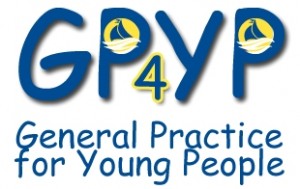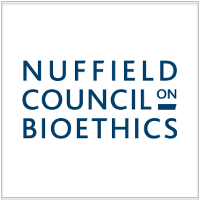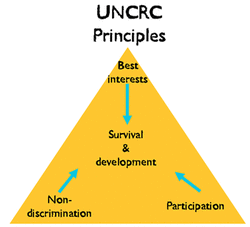 On 5th November 2013, I had the pleasure of being invited by the lovely Kath Evans to speak alongside her at the ‘One Day Essentials: Child Health’ event at the Royal College of General Practitioners (RCGP). During this event I had the pleasure of sharing my experience with regards to GP services, as well as presenting possible solutions to issues that other young people and myself came across when accessing GP services. This blog serves to highlight some of the feedback I shared on the day as well as thoughts and reflections from research I carried out after the event. Children and young people make up at least one in seven users of GP services and therefore it means that these services should take this responsibility seriously and ensure that they listen to and act on the views of children and young people. They should listen especially when what the children and young peopl ahve to say is uncomfortable or challenging. GPs form the basis of a lot of conversation at the RCPCH Youth Advisory Panel (YAP) meetings. We admire GPs for the amount of work they have to do, as well as respect them for the amount of responsibility they have. They act as the main point of contact of care for our parents and families. According to a document produced by the RCGP states the main roles of a GP and they are the following: These services have worked very well, at least in my experience for my parents and their friends. However, for people like myself, GPs can often leave us wanting. It was further concerning to learn in a CYPNow article that “staff in GP, mental health and sexual health services said that they were not always trained to receive and act on complaints made by children and young people.” This is rather a disconcerting matter which I shall try to touch upon later.
The Chief Medical Officers latest report states that all children and young people with long term conditions must have a named GP, but we say it is not just important that we have a named GP, it is more imperative we have an active GP.
46 Comments
 On 30th April 2014 I had the pleasure of being invited to the second stakeholders meeting of the Nuffield Council on Bioethics. It was a pleasure to be invited once again to participate in this workshop/ meeting. The meeting was a fantastic chance to catch up on the progress of the working party group, help feed into their work more as well as a chance to meet more young people and hear their views, thoughts and experiences of research. Furthermore, on a personal note to get to learn more about Medical research involving children and young people, as well as the complex questions and situations which researchers have to deal with. Having been involved in clinical research at a young age and actively trying to get greater involvement of children and young people in research, this project gave me a fantastic opportunity to learn more about how research was conducted in the UK, especially in regards to children and young people. I had the pleasure of attending the very first stakeholders group meeting in July 2013 with several of my RCPCH YAP buddies, and you can read more about our thoughts and experiences from the day on the guest blog post that alongside Ravi and I wrote for the Nuffield Bioethics Blog: http://blog.nuffieldbioethics.org/?p=811 In this post, I hope to highlight some of the key thoughts alongside some of my reflections from the day, with a particular focus of new clinical trials and the role of ethics committees, the topic of 'vulnerability' of children and young people and also the issue of decision making, consent and assent, which seems always to be a contentious point of discussion. The three points which I am highlighting in this blog were the three big questions identified by the working party.  With Universal Children's Day coming up on Thursday November 20th 2014, I thought it would be a good time to reflect on the UNCRC. This will be based on the opportunity I was given to present a session at the Wolfson Centre for UCL students on the BSc module of Global Child Health last year with the RCPCH. The UNCRC stands for the United Nations Convention on the Rights of the Child. The UNCRC is a very important document that was passed by the United Nations (UN) in 1989 and was ratified in the UK in 1991. The UNCRC is made up of 42 articles which outline the civil, political, social, economic and cultural rights of children. These are the rights that every child should have, regardless of where they are in the world. These rights should be met by the governments of every country. The four guiding principles upon which the UNCRC is built are:
Through these guiding principles, the articles form around three different types of rights:
The articles outlined in this convention makes up a huge part of the advocate work I do as part of the RCPCH. To ensure that children and young peoples voices are heard and that they are allowed to take part in all aspects of their life, when safe to do so, and to ensure that children's rights are not being disregarded and ensure their voices are on the agenda for everyone who comes into contact with children and young people. The UNCRC advocates on all principles of life of a child, but for this instance I will be paying particular interest to the articles within the convention which relates to health, as these are the ones in which I work the most with. However, all the articles are very important and should be taken into consideration by all, you can find a link to the whole convention at the bottom of this post. |

